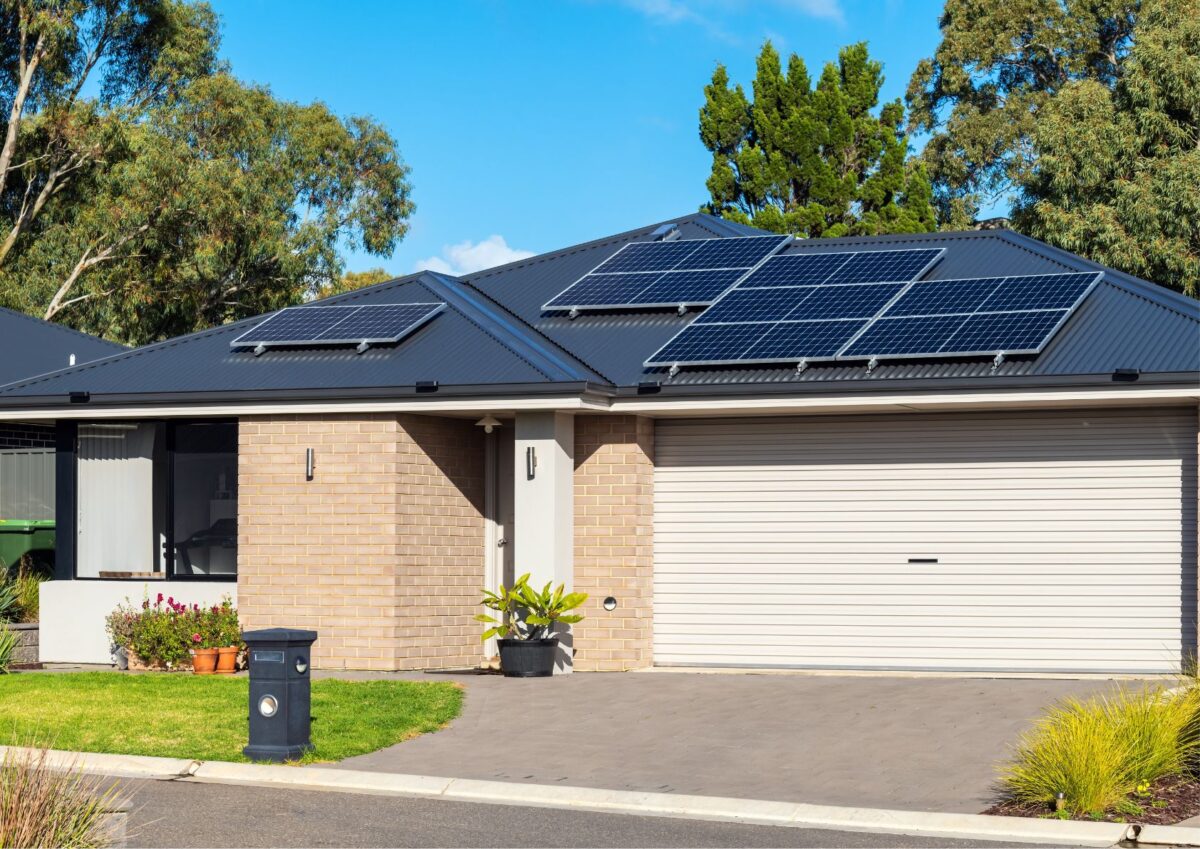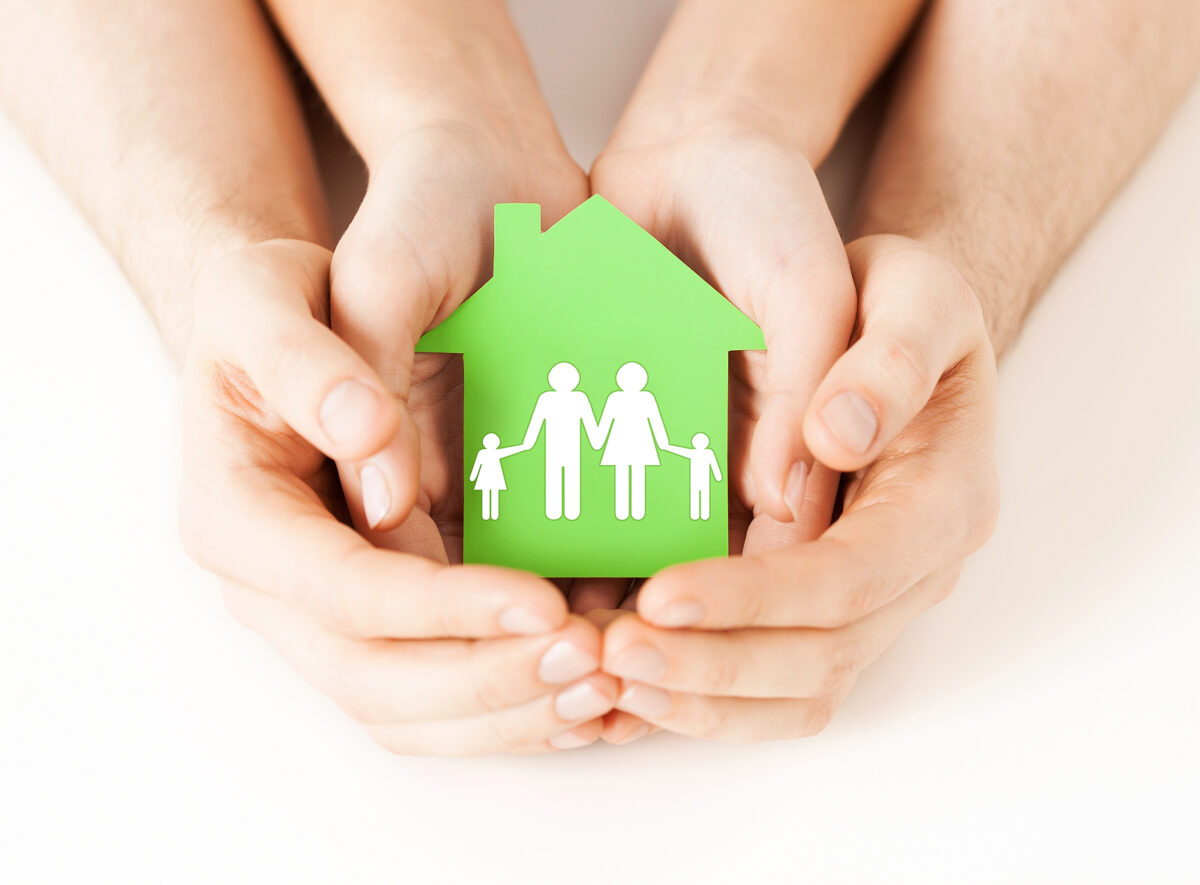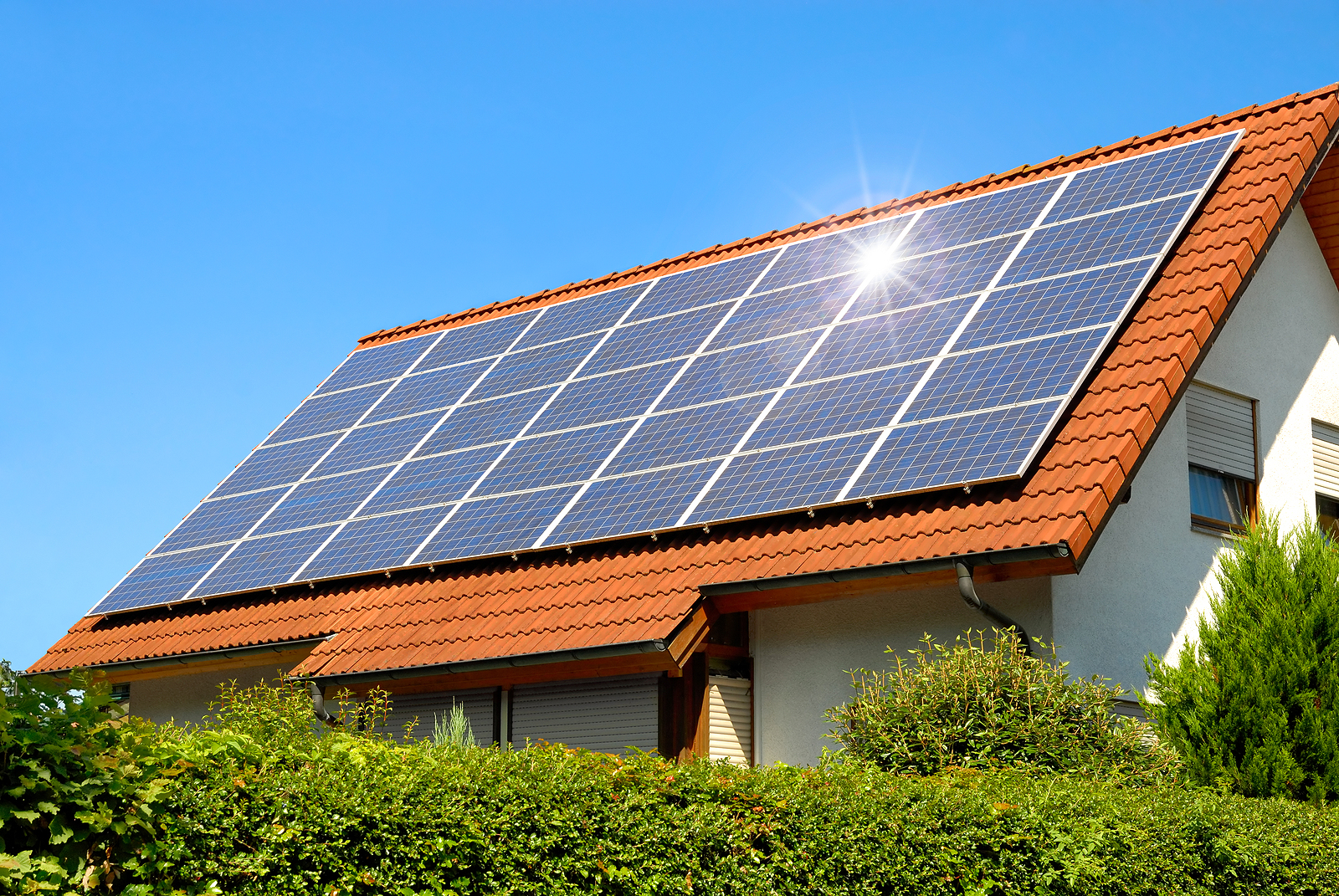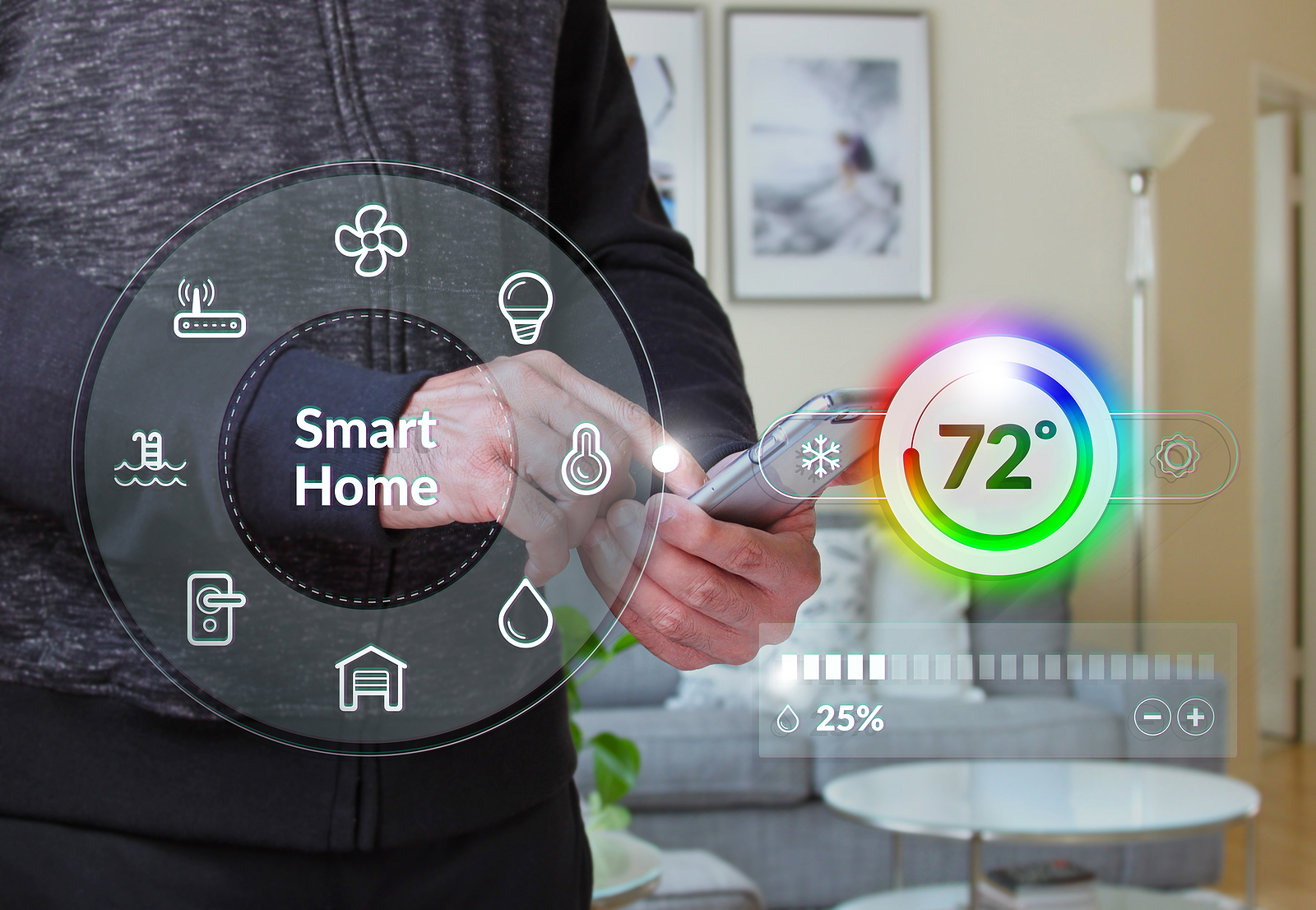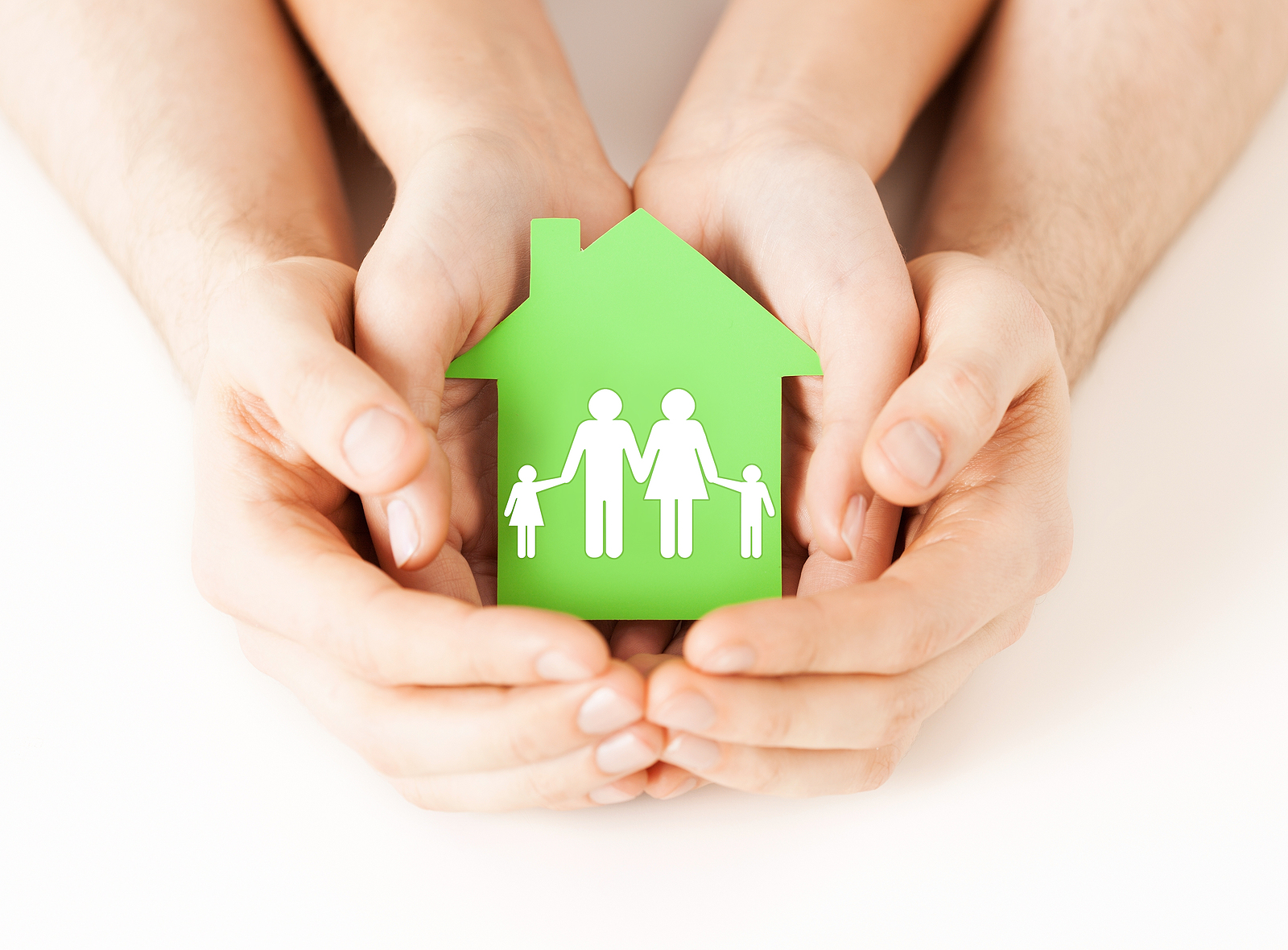As more homeowners turn to renewable energy, solar panels have become a popular feature on homes across the country. If you’re considering buying a home with solar panels, you might wonder how they impact your decision and what additional factors to keep in mind. Solar panels can offer a variety of benefits, but there are also some unique aspects to consider before signing the dotted line. Let’s explore what you should know before buying a home with solar energy.
Understanding Ownership vs. Lease Agreements
One of the first things you’ll want to find out is whether the solar panels on the home are owned or leased. If the previous owner purchased the solar panels outright, you’re in luck. The panels will transfer to you as part of the home purchase, and you won’t have to worry about monthly lease payments. Owned panels can be a great selling point because they increase the value of the home and provide free electricity after the initial investment.
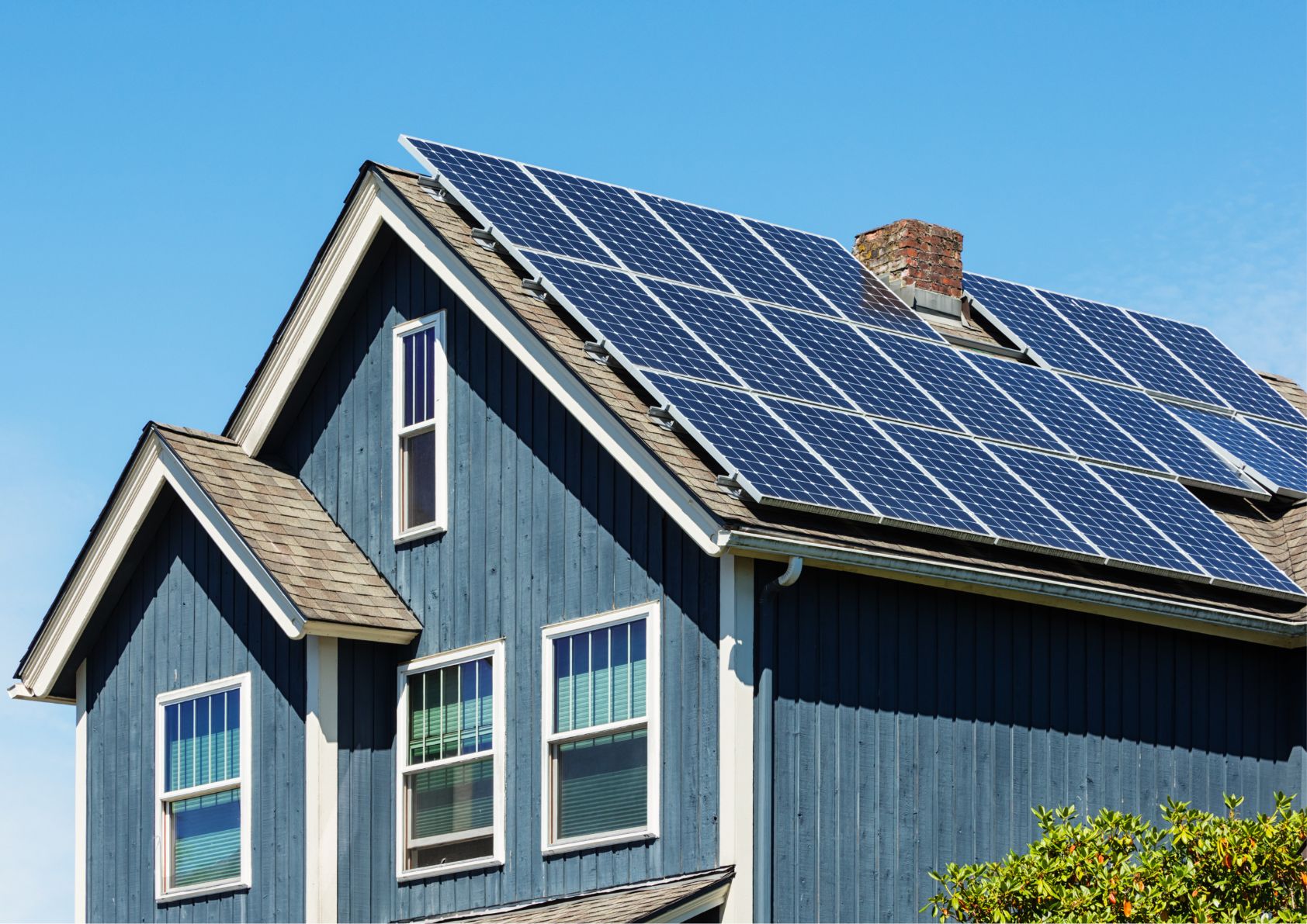
On the other hand, if the solar panels are leased, the situation can be a bit more complicated. Many solar leasing agreements span 20 years or more, which means you’ll need to take over the remaining contract when you buy the home. This often involves monthly payments to the leasing company, and you’ll want to carefully review the terms of the lease before committing. Leasing solar panels may still result in lower electricity bills, but it’s important to weigh whether the savings offset the cost of the lease.
Energy Savings and Utility Bills
One of the biggest perks of buying a home with solar panels is the potential for reduced energy costs. Depending on your location and the efficiency of the system, solar panels can significantly lower your monthly utility bills. In sunny regions, some homeowners with solar panels even generate more electricity than they use, allowing them to sell excess power back to the grid in a process known as net metering.
Before buying the home, ask the current owner for past utility bills so you can get a clear picture of the energy savings. Keep in mind that solar energy production can vary based on the time of year, weather conditions, and the overall condition of the panels. This data can help you determine how much you’ll save on electricity and whether the solar panels will meet your energy needs year-round.
Maintenance and Warranties
Solar panels are generally low-maintenance, but like any other part of the home, they need occasional care to ensure optimal performance. Most solar systems require periodic cleaning to remove dirt, debris, or snow that can block sunlight. Some systems may also require inverter replacements or other minor repairs over time.
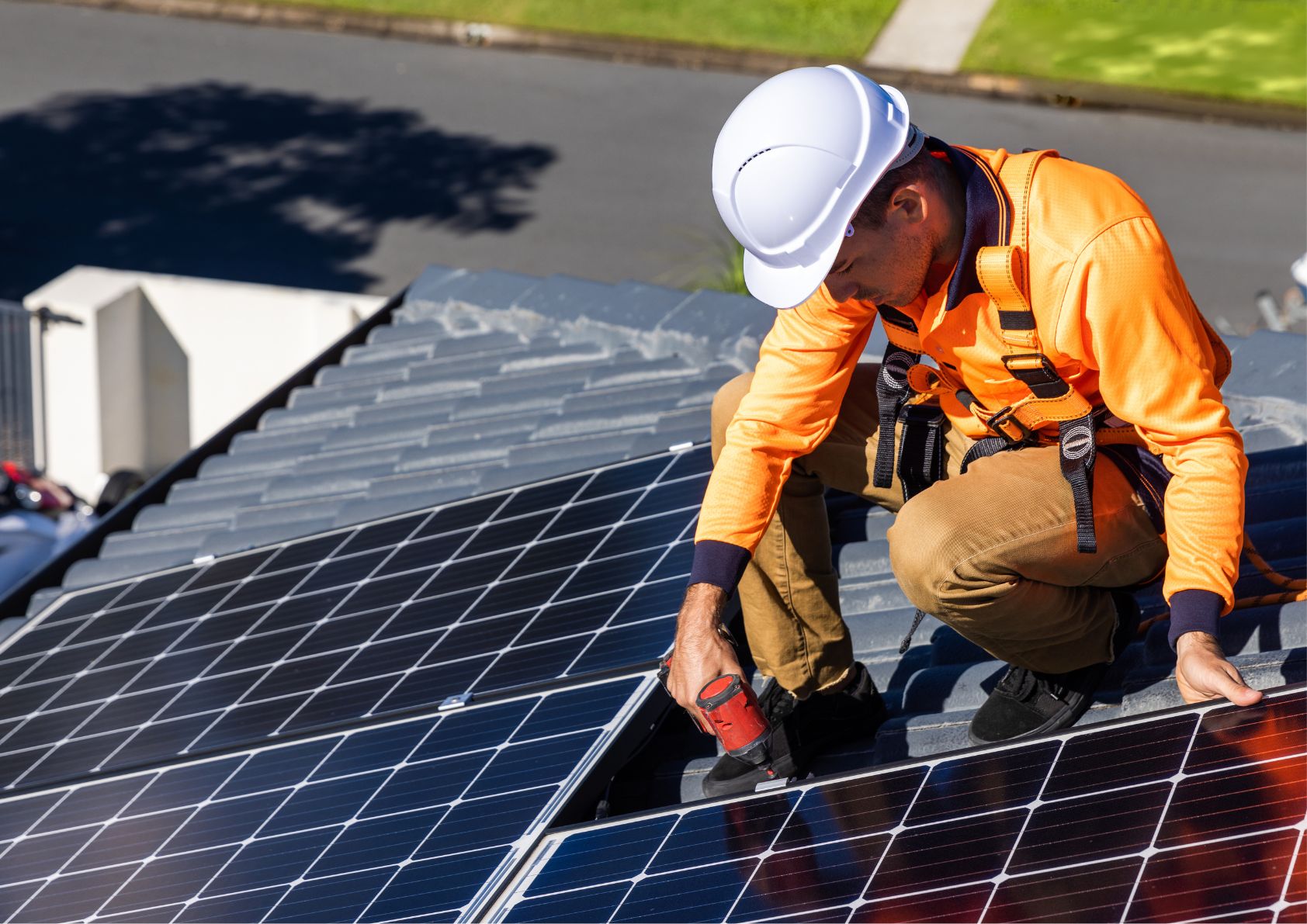
When buying a home with solar panels, it’s important to ask about the age of the system and whether it’s still under warranty. Solar panels typically come with warranties that last 20 to 25 years, and some warranties also cover the inverter or other components. Knowing the remaining warranty period can give you peace of mind and help you avoid out-of-pocket expenses for repairs.
Impact on Resale Value
Homes with solar panels can have an advantage in the real estate market, especially in areas where buyers are eco-conscious or where energy costs are high. Studies have shown that homes with solar panels often sell for more than those without, and they may sell faster as well. However, the impact on resale value can vary depending on whether the panels are owned or leased.
If the solar panels are owned, they’ll likely increase the home’s value and attract buyers looking for energy-efficient properties. If the panels are leased, the new buyer will need to take over the lease, which could potentially deter some buyers. Before purchasing a home with leased panels, it’s a good idea to consult with a real estate professional to understand how this could affect your resale prospects.
Incentives and Tax Benefits
Another factor to consider when buying a home with solar panels is the potential for tax credits and incentives. In many states, solar energy systems are eligible for tax breaks or rebates, which can reduce the overall cost of the system. If the previous homeowner hasn’t taken advantage of these incentives, you may still be eligible for certain credits after purchasing the home.
Be sure to research the local and federal incentives available to you and consult with a tax professional to see if you qualify. Even though the initial investment has already been made, these benefits could still offer additional savings.
Conclusion: A Bright Investment?
Buying a home with solar panels can be a smart investment, offering energy savings and environmental benefits. However, it’s important to understand the details of ownership, potential maintenance needs, and the impact on your utility bills before making a decision. By doing your homework and asking the right questions, you can enjoy the benefits of renewable energy without any surprises down the road.
